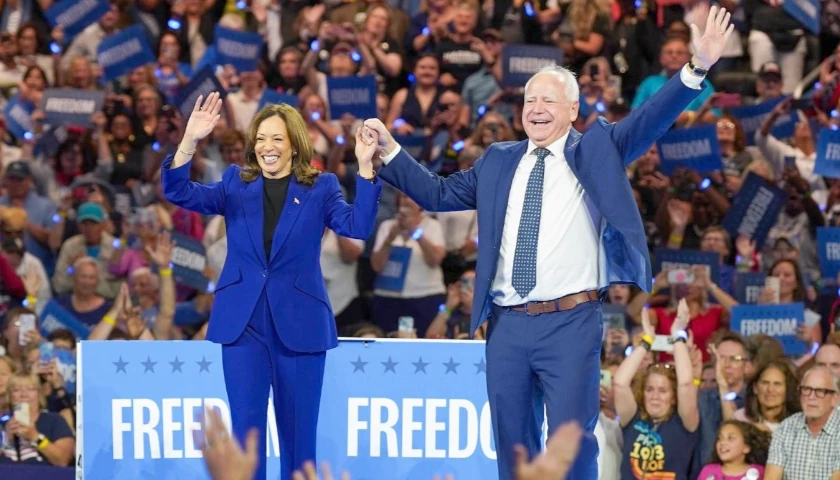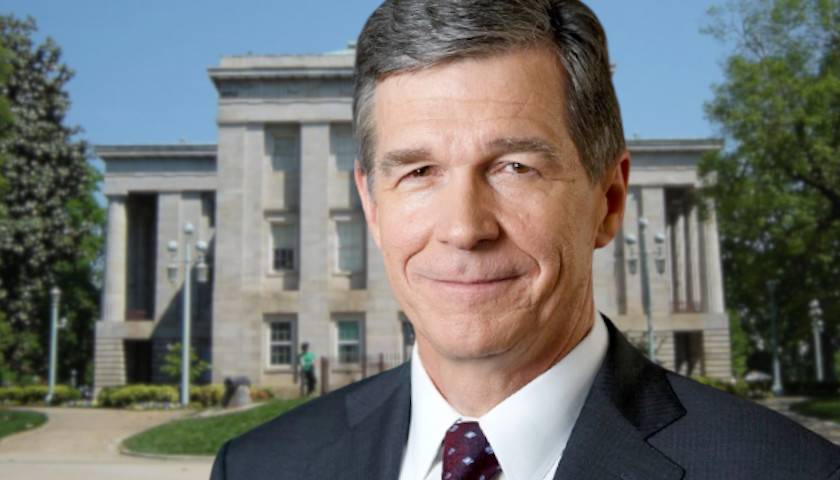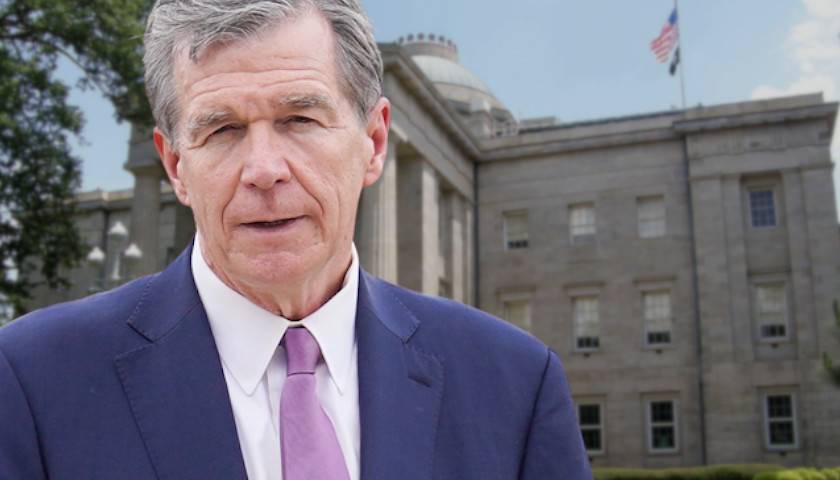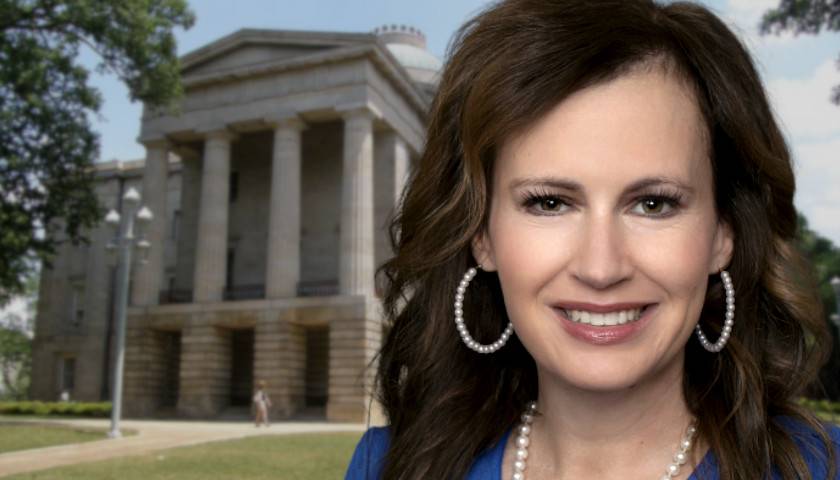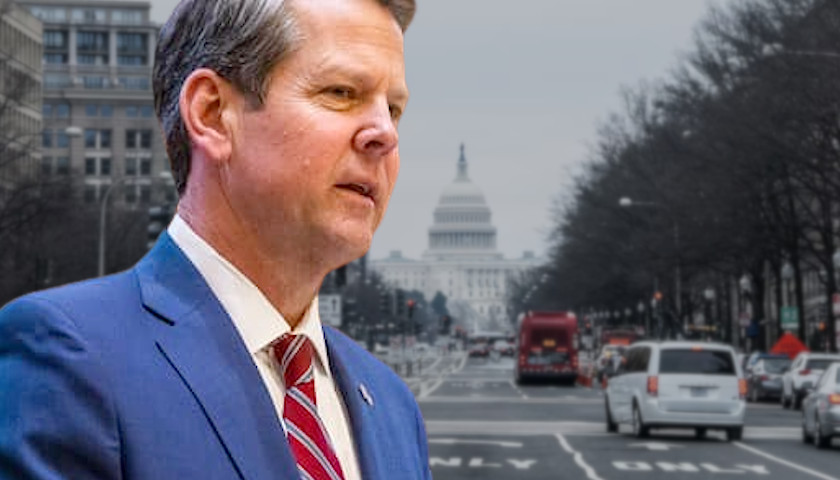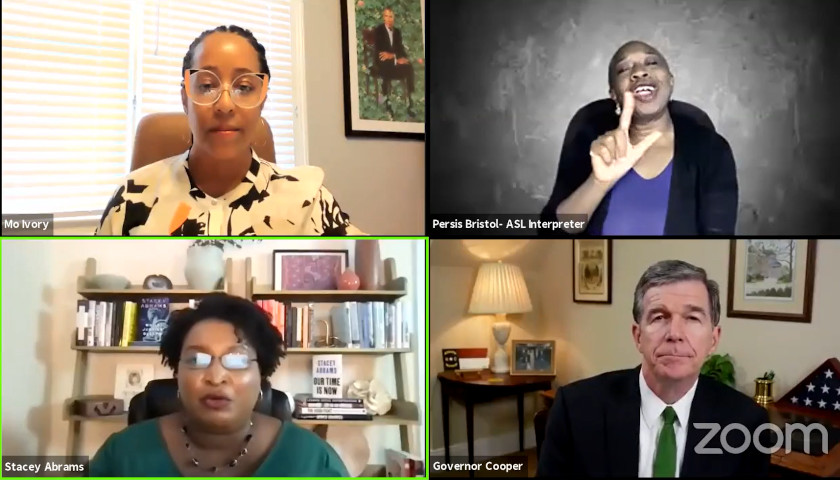It wasn’t as if the Tar Heel state didn’t see Hurricane Helene coming. On Sept. 25, one day before Helene stormed ashore, North Carolina Gov. Roy Cooper declared a state of emergency as the storm’s path showed it churning northward toward Appalachia after making landfall in Florida.
Yet that advance declaration was not followed by any state evacuation orders, and the population largely sheltered in place as Helene hit the steep, wooded hills of western North Carolina, squatting over the area, unleashing more than an inch of water an hour for more than a day. The unprecedented, relentless downpour, falling on ground already saturated by rain the week before, tore old pines and hardwoods out by the roots, creating arboreal torpedoes that rocketed down the steep inclines; water that turned photogenic stony creeks into whitewater torrents, lifting ancient streambed boulders and tossing them like chips on to roads and into homes and buildings. The storm left 230 people dead, nearly half of them in North Carolina, with dozens still missing as of early November.
Read More




